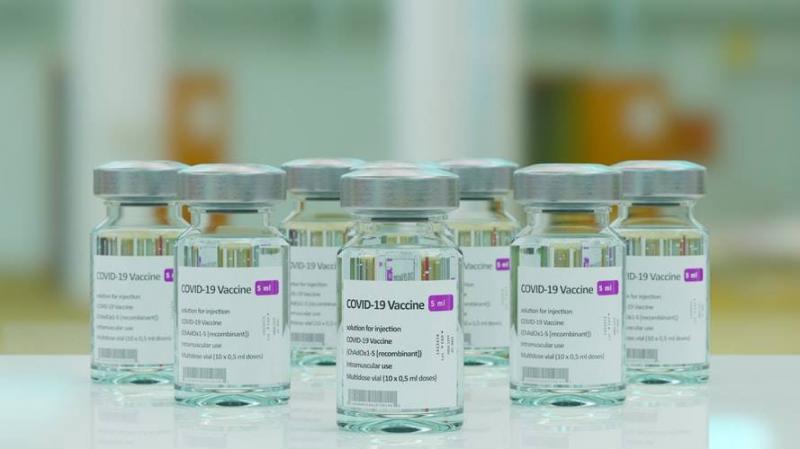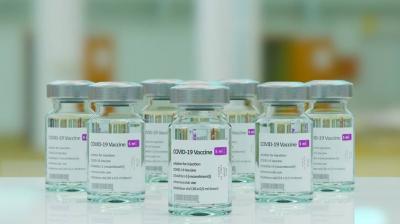COVID-19 vaccines have produced at least nine new billionaires due to the strong increase in the stock value of the companies producing these vaccines, which represent humanity's hope for the end of the pandemic. Leading this list are Stephane Bancel, CEO of Moderna, and Ugur Sahin, CEO of BioNTech, who each now possess around $4 billion, according to an analysis by the People's Vaccine Alliance, a group that includes Oxfam, the United Nations Program on HIV, Global Justice Now, and Amnesty International.
Additionally, senior executives at the Chinese company CanSino Biologics and early investors in Moderna have also become billionaires due to the stock price surge, partly driven by profit expectations supported by COVID-19 vaccine sales, as reported by CNN. Moderna’s stock price has risen over 700% since February 2020, while BioNTech’s stock increased by 600%, and CanSino’s shares grew by approximately 440% during the same period.
Activists have said that the generation of wealth highlights the stark inequities stemming from the pandemic, noting that the combined wealth of the new nine billionaires amounts to $19.3 billion, which is enough to fully vaccinate about 780 million people in low-income countries. Ann Marriott, director of health policy at Oxfam, stated in a release: "These billionaires are the human face of the massive profits many pharmaceutical companies are making from their monopolies on these vaccines." She added that these vaccines were funded with public money and should primarily serve as a global public good rather than a private profit opportunity.
The report coincided with the G20 Global Health Summit held on Friday, where world leaders discussed equitable access to vaccines. According to the World Health Organization, 87% of vaccine doses went to upper-middle and high-income countries, while low-income countries received only 0.2%. In a paper published on Friday, IMF Chief Economist Gita Gopinath stated that vaccinating 60% of the world's population by mid-2022 would cost only $50 billion.
Meanwhile, Albert Bourla, CEO of Pfizer, during the health summit on Friday, stated that the company would provide two billion doses of its vaccine to low- and middle-income countries over the next 18 months. The company expects its vaccine sales to reach about $26 billion by the end of this year, with a profit margin nearing 30%. Bourla defended the decision to profit from the vaccine, saying his company took risks to develop it and invested up to $2 billion in research and development.
Additionally, BioNTech, which received €325 million ($397 million) from the German government to develop the vaccine, indicated its commitment to supply its vaccine to low-income countries at cost. The company reported a net profit of €1.1 billion ($1.3 billion) in the first quarter of this year, largely owing to its share of sales from the vaccine. Moderna noted that its vaccine sales amounted to $1.7 billion in the first quarter and that it recorded profits for the first time ever. The company received billions in funding from the U.S. government to develop its vaccine. AstraZeneca committed to providing doses at cost until at least July 2021, and to do so indefinitely for low- and middle-income countries. Johnson & Johnson stated it would supply its vaccine on a non-profit basis as long as the world continues to suffer from the pandemic.




